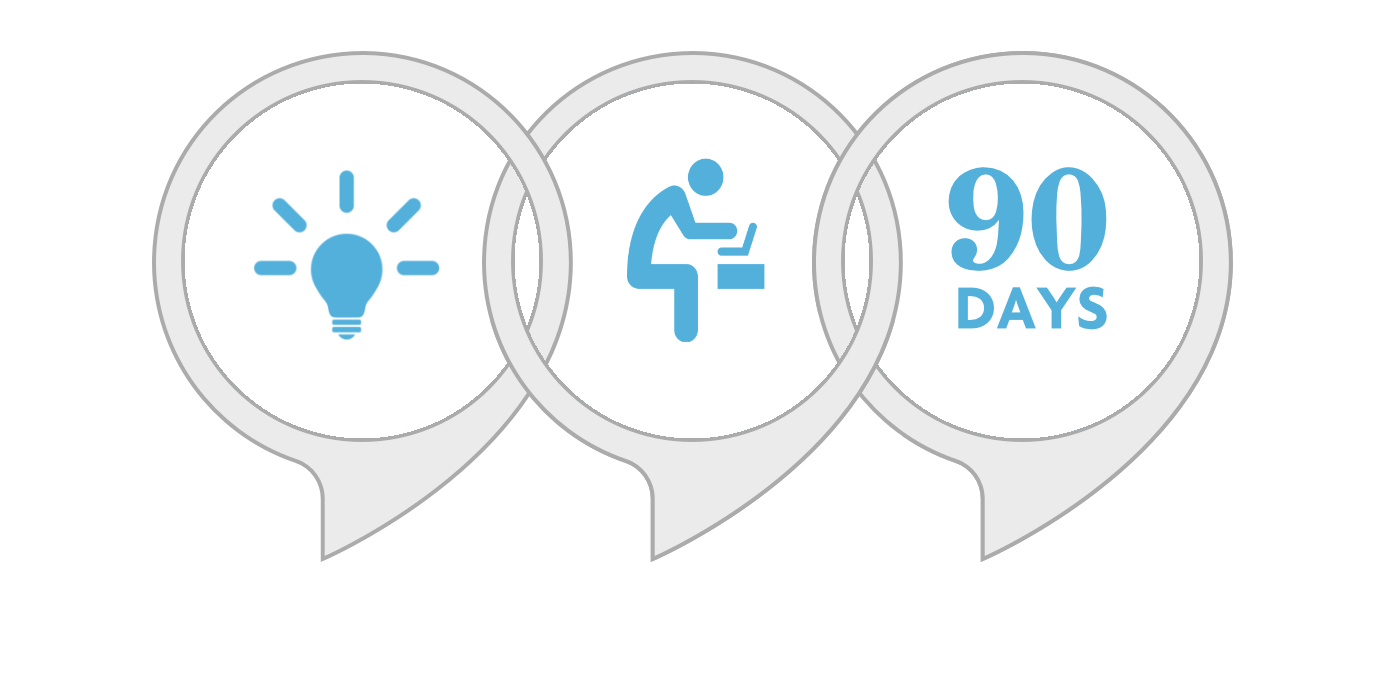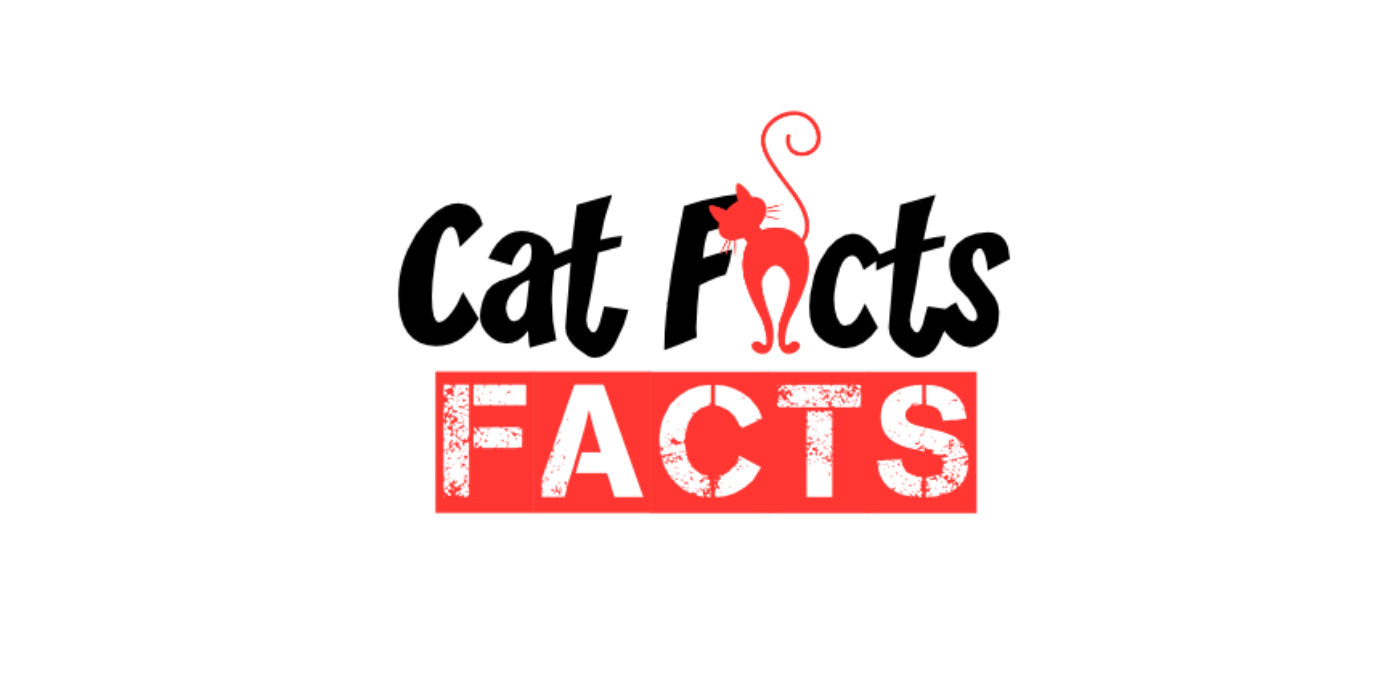If you haven’t noticed, the foundation of my Alexa Skills leans heavily towards pop culture. For a while, I contemplated delving into the television phenomenon “90 Day Fiancé” as the inspiration for an Alexa Skill. For the uninitiated, “90 Day Fiancé” has evolved into a wildly popular reality franchise on the TLC television network, where cross-continental couples must navigate cultural obstacles within the constraints of a ninety-day visa approval process.
I had just begun compiling data for a trivia game Alexa skill based on “90 Days” when a hackathon was announced. I saw this as the perfect opportunity to bring my skill idea to fruition, familiarize myself with newly introduced Alexa functionality, and create a hackathon entry all at once.
The hackathon’s premise was to leverage the recently introduced APLA, which stands for the Alexa Presentation Language for Audio. While the Alexa Presentation Language (APL), providing the ability to deliver a visual experience to Alexa-enabled devices with screens, has been around for a while, APLA introduced even more opportunities to enhance the Voice-First experience by offering new ways to tweak audio.
A notable capability of APLA is the ability to layer Alexa voice responses with streaming audio, such as music and sound effects. In the past, if you wanted to mix Alexa’s voice with music, you had to pre-render it, which was time-consuming and limiting. From the outset, my goal was to seamlessly enhance the user experience by merging Alexa’s spoken voice with music. The intended result was subtle, likely unnoticed by the user. Although not overly exploiting this feature might not have made me stand out in the hackathon competition, the event was more of an impetus for learning and experimentation.
The most significant challenge for me in working with APLA was shifting a mindset I had grown accustomed to and comfortable with. Instead of considering the implementation of APLA throughout the development process, I fully developed the skill without using APLA and then tried to incorporate it afterward. In retrospect, it probably would have been more productive to grasp the APLA process before commencing development. Doing so might have shortened the process, allowing me to push things further.
The development process always turns out more complex and time-consuming than expected; that is a given. However, despite that, I met the hackathon deadline, produced a solid Voice-First game, and gained valuable insights into APLA and voice development along the way.




